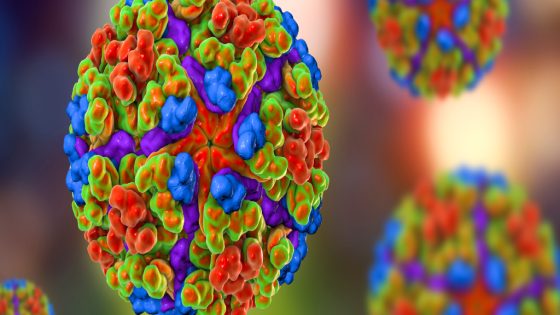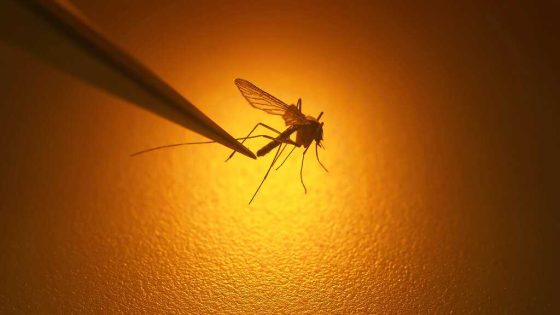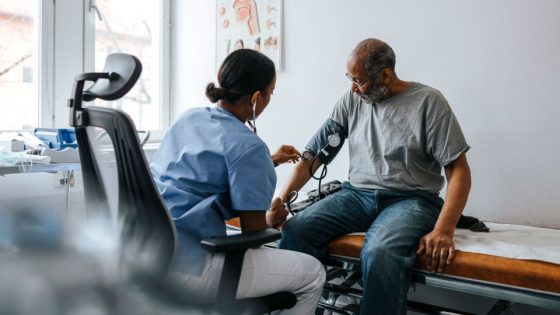The World Health Organization (WHO) recently issued a warning about the chikungunya virus, highlighting the potential for a global epidemic. With early warning signs echoing those of a major outbreak two decades ago, urgent action is needed to prevent a repeat of history.
- WHO warns of global chikungunya epidemic
- Virus detected in 119 countries worldwide
- Major outbreaks reported in Indian Ocean islands
- Symptoms resemble dengue and Zika virus
- Tiger mosquitoes spreading due to climate change
- Urgent action needed to prevent large outbreaks
As of 2025-07-23 05:55:00, chikungunya, a debilitating mosquito-borne viral disease, has been detected in 119 countries, putting approximately 5.6 billion people at risk. Symptoms include fever and severe joint pain, which can be mistaken for other diseases like dengue and Zika.
Why is this warning significant? The WHO’s Diana Rojas Alvarez noted that regions with low immunity could see rapid epidemic spread, impacting large populations. To combat this, individuals should consider the following:
- Use mosquito repellent regularly.
- Eliminate standing water around your home.
- Wear long sleeves and pants during peak mosquito hours.
- Stay informed about local outbreaks.
As the chikungunya virus spreads, it’s vital to stay vigilant. By taking proactive steps, we can help mitigate the impact of this emerging health threat.

















![[Adobe Stock]](https://news.faharas.net/wp-content/uploads/2025/07/Ketogenic-Diet-Boosts-Brain-Blood-Flow-by-22-and-BDNF-230x129.jpg)














